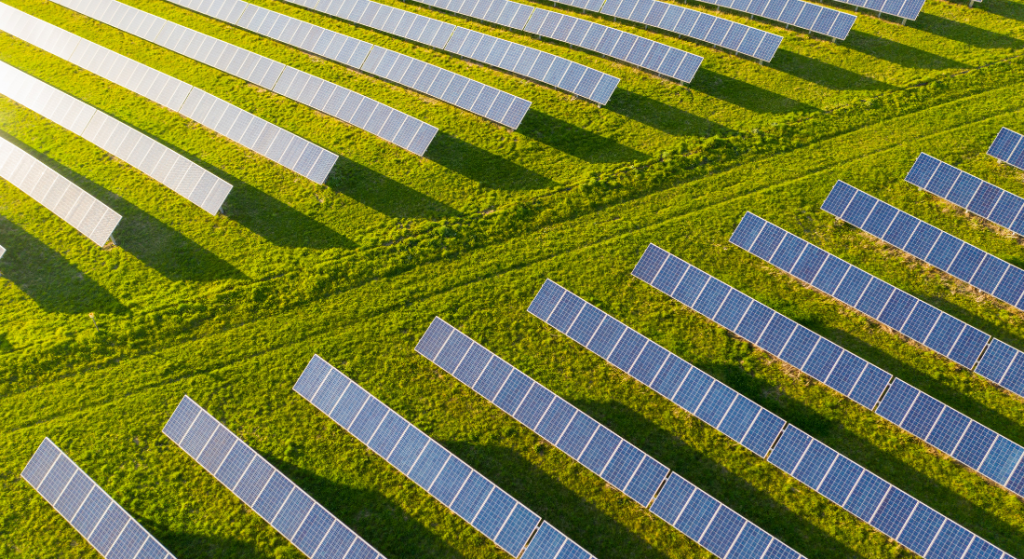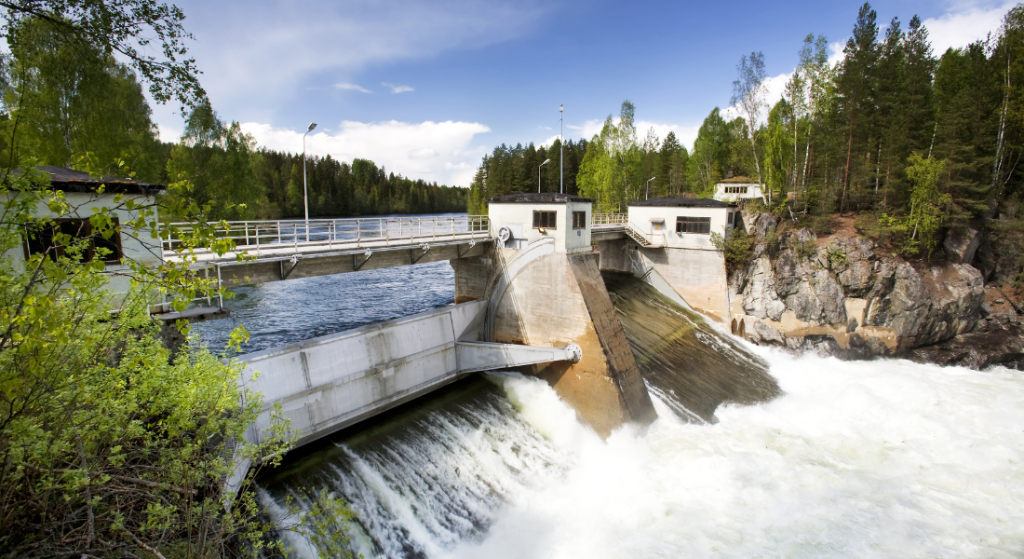
On a basic level a renewable energy source is that which is sustainable, which means it cannot run out, or is an endless source of energy, such as the sun.
The term ‘alternative energy’ also usually refers to this kind of energy source too, and acts as an alternative to non-sustainable, and often harmful energy sources, such as coal.
Since renewable energy sources are essentially inexhaustible, they are also a fantastic hedge against rising energy prices too.
At Powerguard, we’re committed to providing renewable energy sources that are both efficient and as clean as possible, which is why, in this blog, we’ll be covering the top alternative energy sources.
What is Low-Carbon Energy?
Before we get into the six main sources of renewable energy, it’s useful to note the distinction between renewable and low-carbon energy sources.
For example, nuclear-generated electricity cannot be termed as ‘renewable energy’ but it is classed as low-carbon, which means it emits low levels or almost no carbon.
What Doesn’t Count as Renewable Energy?
The reason fossil fuels can’t be considered as renewable is because they are not an indefinite resource. On top of this they produce harmful carbon deposits into the atmosphere; accelerating climate change.
However, as with most things, there comes a caveat. For example, burning wood can only be considered as a renewable means to create energy if it is coming from sustainably managed forests.
Six Main Sources of Renewable Energy Explained
Solar Energy

Sunlight is one of the earth’s most freely available energy sources; touching every corner of the planet to varying degrees.
Statistics show that the amount of solar energy that hits the earth’s surface in just sixty minutes is capable of powering the whole planet for 12 months.
Although this may seem like the answer to the world’s energy concerns, we must factor in that this will vary greatly depending on the time of day and the season as well as the geographical location.
That said, the changing climate in the UK and increasingly warm summers are making solar panels an incredible way to supplement energy use.
Find out more about these systems.
Wind Energy
Wind is another considerable source of clean energy. The UK, in particular, due to its long shore lines, are one of the leading countries in producing wind energy.
In fact, in 2022, UK wind power generation hit historic levels for producing electricity.
To harness this powerful energy source in an off-grid power system, for example, turbines are utilised to drive generators which feed electricity into the systems.
Find out more about these systems, and if they can work for you.
Hydro Energy

Hydro energy is a more commercially harnessed energy source, when compared to the other two.
By building a dam, a large reservoir of water can be utilised to create a controlled flow of water that drives a turbine, producing electricity, quite similar to wind generation.
Since water movement is a constant, when comparing it to solar and wind power, this renewable source of energy can often be more consistent, hence why it is more widely used commercially.
For more information on similar systems, take a look at our Marine Energy solutions.
Tidal Energy
Tidal energy is another kind of hydro energy, which, as the name suggests, makes use of tidal current currents.
Although it doesn’t offer the same consistency of output as hydro energy, it is very predictable, so other energy sources can be utilised when the tide is low.
Biomass Energy
Biomass energy involves converting solid fuel, from plant materials, for example, into electricity.
In the past, biomass has been a controversial energy source as it involves burning organic materials to produce energy, the reality is that it’s much cleaner and energy-efficient as the years have gone by.
Industrial, agricultural and domestic waste can be turned into liquid, gas and solid fuels, far more economically and environmentally than ever before.
Geothermal Energy
Taking advantage of natural heat, geothermal energy can repurpose the heat below the surface of the ground, and be used to heat homes and produce electricity.
Although, this isn’t such a prevalent energy source here in the UK, countries such Iceland, for example, rely on this kind of energy since geothermal heat is readily available.
If you’d like to learn more about any of the renewables we’ve mentioned in this blog, or you’d like to find out more about our extensive range of solutions, why not contact us today?